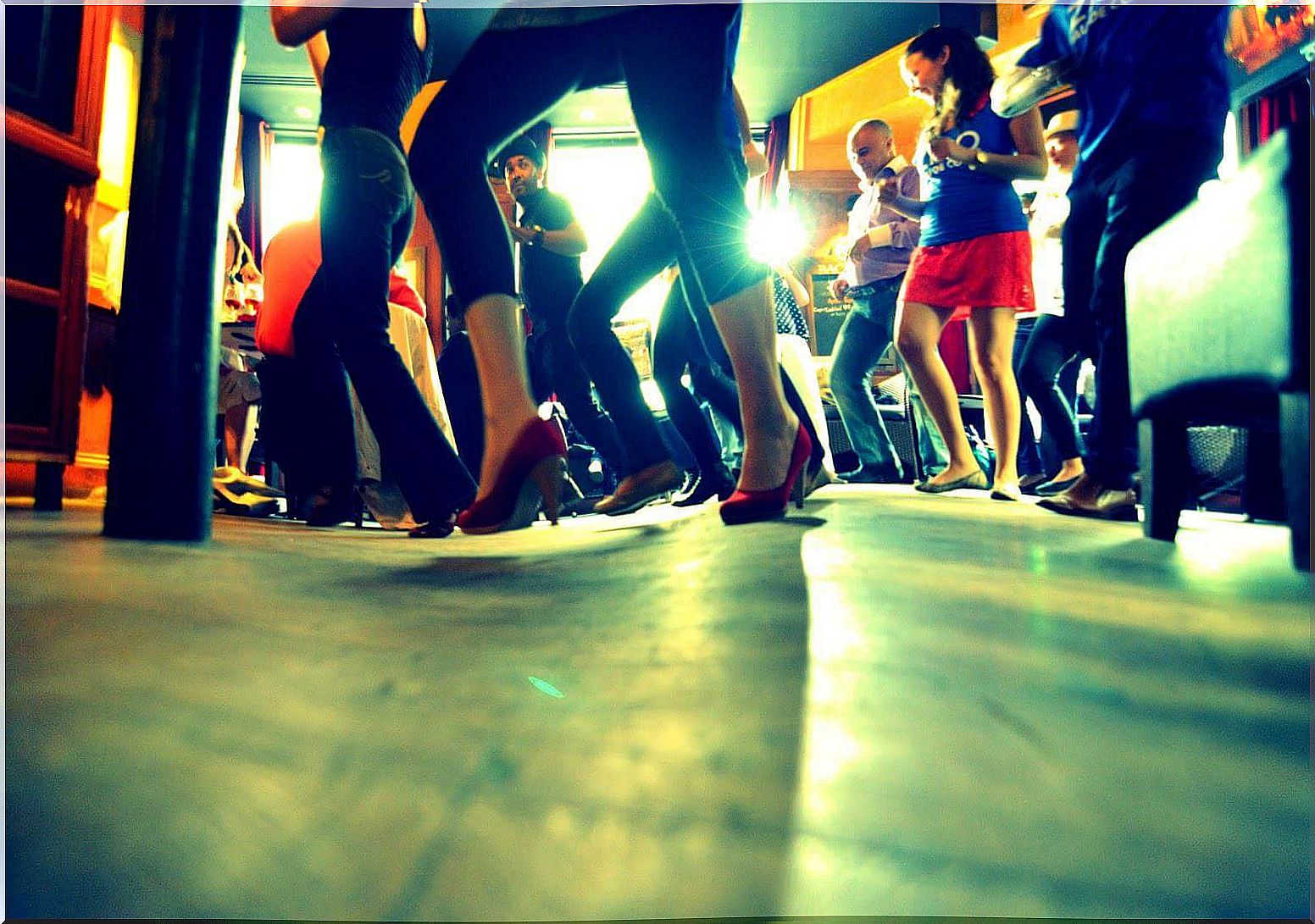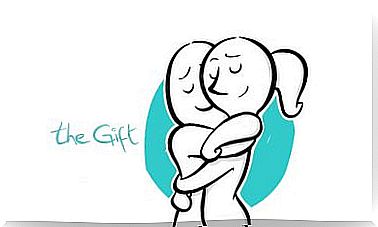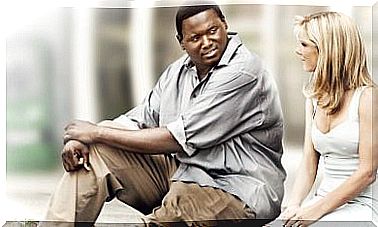What Happens In Our Brain When We Dance Or Listen To Music?

Learning to dance any style is not only good for our body, but also for the brain. Just as you are reading it. The movements required for choreography allow general muscles to be involved, including those of the frontal lobe. But pay attention that the same happens when we dance in front of the mirror or when we are alone at home and on the radio they pass that song that we like so much.
In our brain, many are the events that occur while we are dancing. For example, location cues are evaluated in space, which muscles to stretch and which to contract are decided, balance is maintained, movements are perfected, etc.
There is no doubt that dancing is good for your health, surely you knew that or had read it before. But it has been proven that wiggling while listening to certain types of music is the perfect therapy to escape depression, sadness and stress. But in addition, it serves to improve lung and heart capacity, lose weight and remove embarrassment.
Scientists at the New York School of Medicine say that dancing is the most effective activity for preventing brain aging. It is included within the group of tasks that we cannot stop doing, such as solving crosswords, doing sudoki or reading. If you still do not practice any of this, do not delay since the doctors say that the sooner you do it, the more you will stimulate the two cerebral hemispheres and you will preserve your lucidity.
Gerontology for years has tried to identify what are the actions that allow people not to suffer from problems of old age. Among the conclusions they reached are the fact of dancing assiduously, whether professionally or at home. Dance or dance requires creativity to perform each step, producing restructuring in neural structures. So, it is recommended to dance 20 minutes a day every morning to fill yourself with energy and face the day with a big smile, putting problems aside.
The movements that are made when dancing help us to free ourselves from muscle contractures and stop having an upright posture. In addition, it oxygenates the blood, we exercise and we have fun. As if all this were not enough, dancing improves flexibility and prevents pain in the extremities, as well as lowers cholesterol levels and strengthens lung and heart activities.
The style of music has a lot to do with it
In addition to the detailed benefits of dancing, it is also known that each subgenre of music has a different relationship in the brain of its listeners.
The Hard Rock allows to remove the anguish and pain, that we forget the problems, we improve the spirits, we reduce the stress and we “move on”.
Classical music makes people more calm and concentrated (a very interesting therapy is for pregnant women to listen to Mozart or Vivaldi so that their baby is calmer at birth). It also encourages learning habits, makes us smarter and more reasonable.
Romantic music stimulates the “love” hormone, scientifically known as oxytocin. It opens up feelings and excitement, allows a person to feel more confident about himself when dating.
The “Metal” increases the production of calming and stimulating hormones in a special way, since the brain receives as if it were an “explosion of energy” and when we finish listening to these compounds they dissolve and allow us to feel more reflective or nostalgic.
Hip Hop and electronic music have similar effects on the body, stimulating the production of “energy” hormones, constant activity, exercise, moving faster, and so on.
Disco and Pop music promote happiness and joy, allow us to lose our fears, take courage to do what we want, enjoy the moment and not feel ashamed.
Lastly, jazz and blues are synonymous with spiritual liberation, but through sadness and anguish. They also have good effects as it sharpens the senses, allows seduction, calms the mind, releases tensions, promotes sincerity and serenity.
So now you know, for each sensation, a song. And to train the brain, a little dance.









